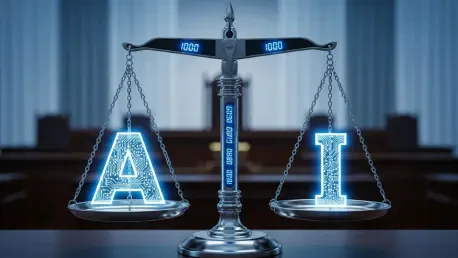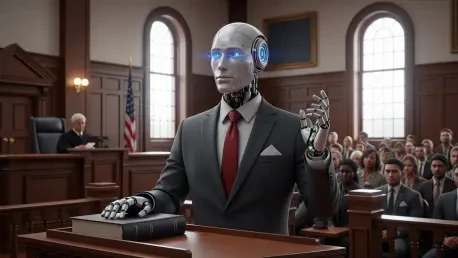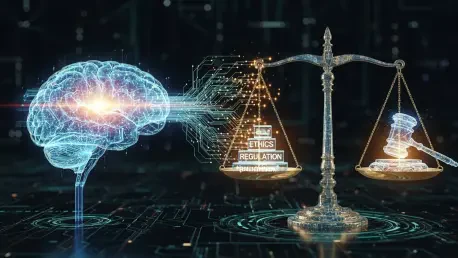
Overview of a Pressing Challenge The civil justice system in America stands at a critical juncture, where millions of low-income individuals face insurmountable barriers to legal representation, leaving them vulnerable in crucial matters. According to a comprehensive report by the Legal Services

Overview of AI in the Judicial Landscape In a rapidly evolving digital era, the judicial system in England and Wales stands at a critical juncture with the integration of artificial intelligence (AI) technologies, particularly following the updated guidance issued on October 31, 2025. Courts and

The legal sector, often seen as steeped in tradition and resistant to change, is undergoing a seismic shift with the integration of artificial intelligence (AI). In Mexico, where legal systems grapple with inefficiencies and growing caseloads, AI emerges as a transformative force, promising to

Setting the Stage for AI in Law The legal profession stands at a pivotal moment where technology is no longer just an accessory but a transformative force that reshapes the industry. Consider the staggering volume of data lawyers must navigate—millions of documents in a single case, each requiring

I'm thrilled to sit down with Desiree Sainthrope, a legal expert with a profound understanding of the intersection between law and technology. With her extensive background in drafting trade agreements and navigating global compliance, Desiree also brings a sharp perspective on emerging issues like

The Rise of AI in Business and the Need for Compliance Oversight The rapid integration of artificial intelligence into business operations has transformed industries, with a staggering adoption rate that continues to reshape competitive landscapes. From healthcare to finance, companies are